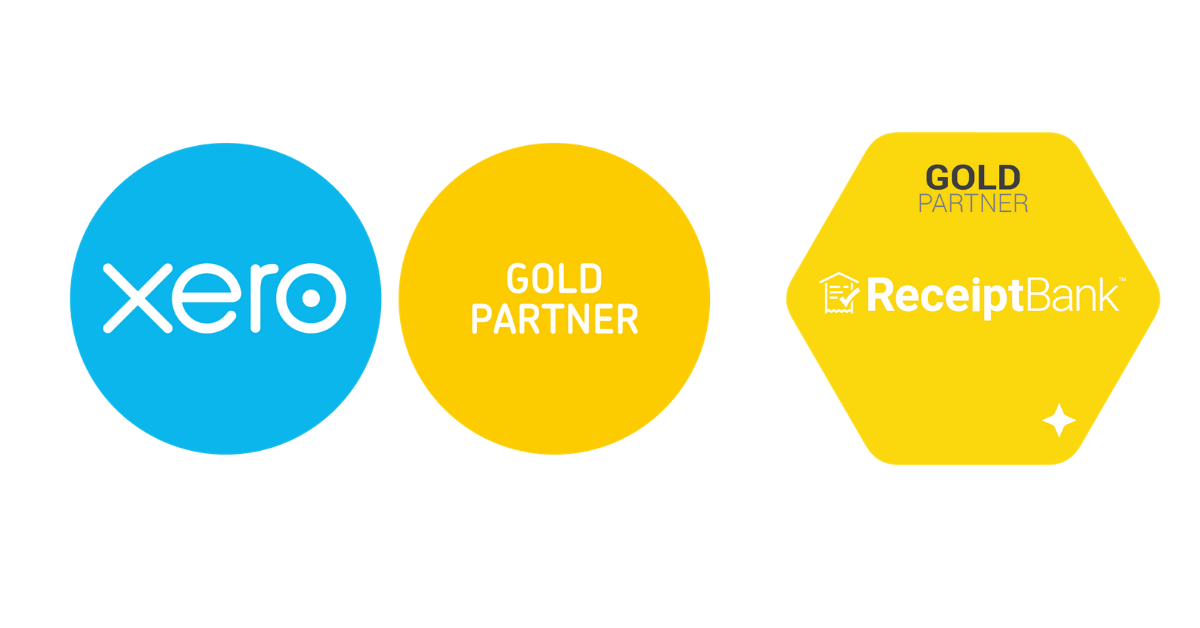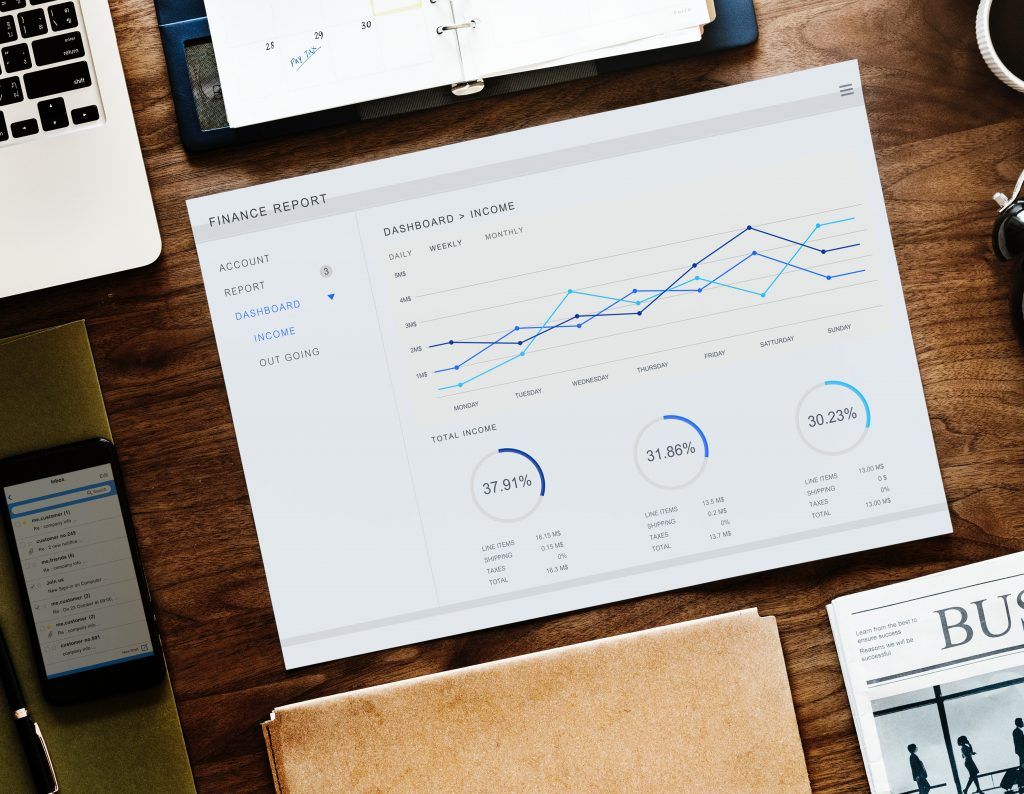Small business accountant: benefits & what to expect
As a small business owner, it can be difficult to know when you need an accountant and what to expect from them. In this guide, we explore the benefits an accountant can have on your small business and the support you should expect.
Benefits of a small business accountant
Take the stress away
At Stewart & Co we understand that business owners want to spend time doing what they love – not getting bogged down in the finances. It can feel like the paperwork is mounting up when you’re just trying to get on and run your business. So, whether it’s the latest VAT deadline, payroll run, annual accounts, or HMRC correspondence we are here to help. We can soon have things running shipshape and that’s one of the main benefits of a small business accountant – taking the stress away from you.
Free up your time
Even those who are comfortable managing their business’s finances should consider an accountant. For busy business owners, the last thing they want to be doing is their accounts when they could be out doing more work for their customers. So, say it takes you 5 hours to “do the numbers” each month and your time is worth £100 an hour, then it is costing you £500 in other work you could be doing every single month. That’s a staggering £6,000 per annum in lost revenue. Most small business accountants would charge significantly less than this, saving you money!

A dedicated expert
When you have an accountant, you can call upon them for support and assistance. There are lots of reasons you may need to speak to an accountant – from writing a business plan, forecasting cash flow, liaising with HMRC, or because your company has grown. At Stewart & Co, we know how important it is to have an expert you can call upon. All our clients have a dedicated Partner who they can contact for support – whenever they need to.
Proactive advice
It’s not just about having an expert you can call upon. A good accountant will come to you with ideas and suggestions. Tax bands and thresholds change every year, so what worked last year may not be appropriate now. So, your accountant should make sure your position is up to date – year on year. For example, every year we consider the most tax efficient way to extract money from your small business for each of our clients.
Tax efficiency
Small business accountants can help to make sure that you pay the right amount of tax. As experts, our tax accountants know what expenses are tax deductible, and which aren’t. They also know how best to optimise both a company’s tax position and its owners. In many cases, the tax savings of using a good accountant far outweighs the cost of their services! That said, an accountant also ensures you do not fall foul of the rules, risking a future tax investigation by HMRC.
What support do you need from an accountant?
We now know what the benefits of a small business accountant are, but many business owners can be confused by what services they require. So, let’s look at the range of services offered and which you may need.
The essentials
There are some things which you simply shouldn’t be without. These are typically the things you must do, such as statutory year-end accounts, corporation tax returns, and VAT returns (assuming you’re VAT registered). Let’s explore these first:
Statutory year-end accounts
Whether you are a Limited company or LLP, you must file statutory accounts with Companies House each year. Our specialist Accounts team will help produce these for you. We prepare accounts for small businesses across a variety of industries and work with clients who use a range of accounting software including Xero, QuickBooks and Sage. Statutory accounts must be filed with Companies House 9 months after the year end, so for 31 December 2018 businesses the deadline is 30 September 2019.
Corporation tax return
Alongside your statutory accounts, every company must file a corporation tax return (CT600) with HMRC. Our team of business tax accountants ensure you receive all the tax reliefs and allowances you are entitled to – helping to keep you tax efficient. The CT600 must be filed with HMRC 12 months after the year end, so for a business with a 31 December 2018 year-end, the deadline is 31 December 2019.
VAT returns
All VAT registered business must file VAT returns with HMRC, and these are typically done on a quarterly basis. For small businesses which exceed the VAT threshold of £85,000 all VAT returns must now be filed with MTD compliant software. Many small business owners file their own VAT returns, but with VAT being HMRC’s third largest revenue stream it can often be subject to scrutiny by HMRC. Where business owners are unsure, we recommend using an accountant to review and file your VAT returns. You can still be responsible for the bookkeeping (see below) but can sleep easy knowing the VAT has been reviewed and checked.
The nice to haves
So now we know the essentials, what other accounting services are nice to have for your small business.
Payroll
If you employ staff, then most company owners tell us that they do not want the risk of doing the payroll wrong. After all, there’s nothing worse than paying staff incorrectly, calculating the tax or national insurance wrong or failing to do an RTI submission. We are an authorised BACS bureau, and can manage payments on your behalf, provide you with payslips and reports, deal with all statutory returns and provide technical support. For many, taking the stress away from Payroll compliance is a welcome relief and we’d be happy to help.
Bookkeeping and Management reports
A bookkeeper will manage the day to day record keeping, recording sales and purchase invoices accurately in your accounting system. We have a team of in-house bookkeepers who can develop a flexible approach to meet your requirements.
Our bookkeeping team can work with your existing accounting software or will help set you up on a cloud accounting package. Generally, we find Xero to be the best cloud accounting software for small businesses. Once set up, we provide Xero training. We also use Receipt Bank for many clients. Receipt Bank is a clever tool that fully integrates with Xero. It scans your sale and purchase invoices to automate the data entry process pulling the figures straight in to Xero.
We’re proud to be recognised as a Xero Gold Partner and a Receipt Bank Gold Partner.

Once the figures are in your accounting package, we analyse these and can provide management reports on a monthly basis. This management information helps you to track your progress against prior year and your budget. It also helps to spot items early and forecast cash flow and profits. As you grow, having this management information becomes even more important.
Personal tax returns
Company Director’s must usually file a self-assessment tax return with HMRC. Many with simple tax affairs feel comfortable preparing their own tax returns. However, a good accountant will optimise your personal tax position. This really is the culmination of all the hard work above – if the right payroll level has been set, the corporate tax charge minimised and dividends calculated to take account of relevant rates and thresholds then your personal tax position should be efficient. But this assumes your accountant is aware of all your income each year. If you continue to do your personal tax return yourself, then you may, inadvertently, be undoing some of the hard work above. This could result in tax leakage – paying more tax than you should!
In summary
There are a number of benefits of using a good accountant who takes time to understand you, your small business and your goals. Once you’ve decided that its time to enlist the help of an accountant then consider what services you require. Hopefully this guide has helped you to understand the types of accounting services available for small businesses – from the essentials to the nice to haves.

